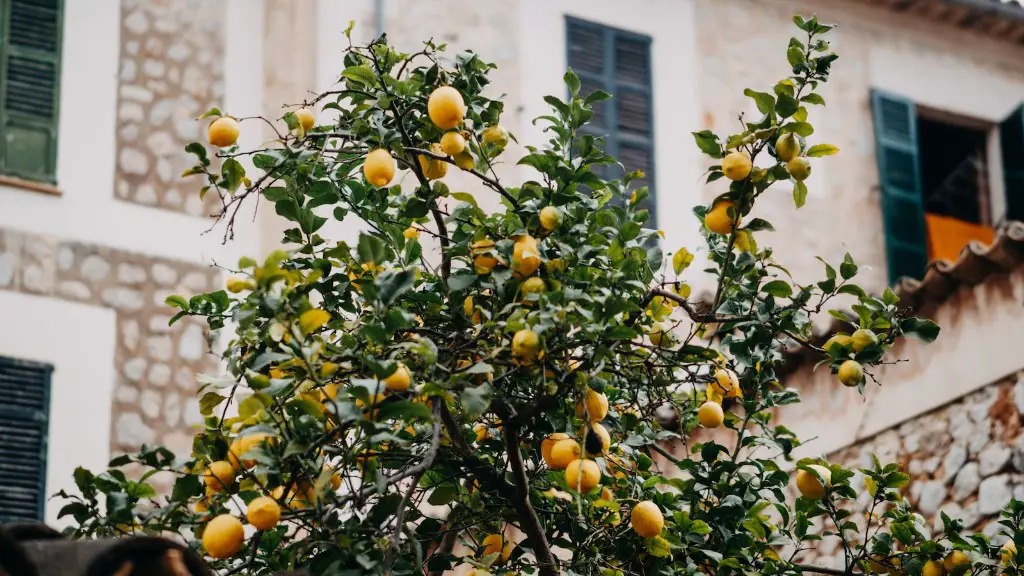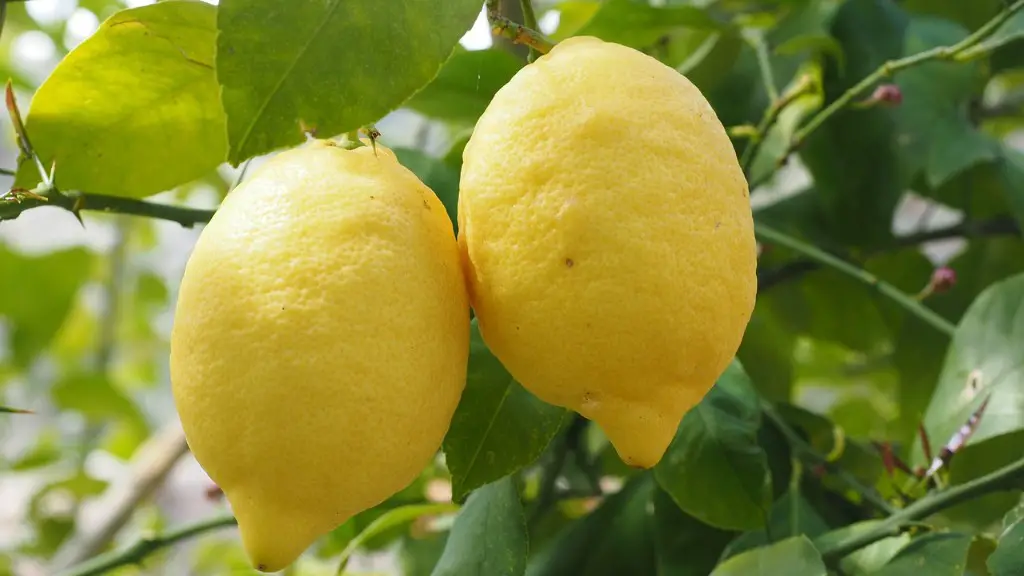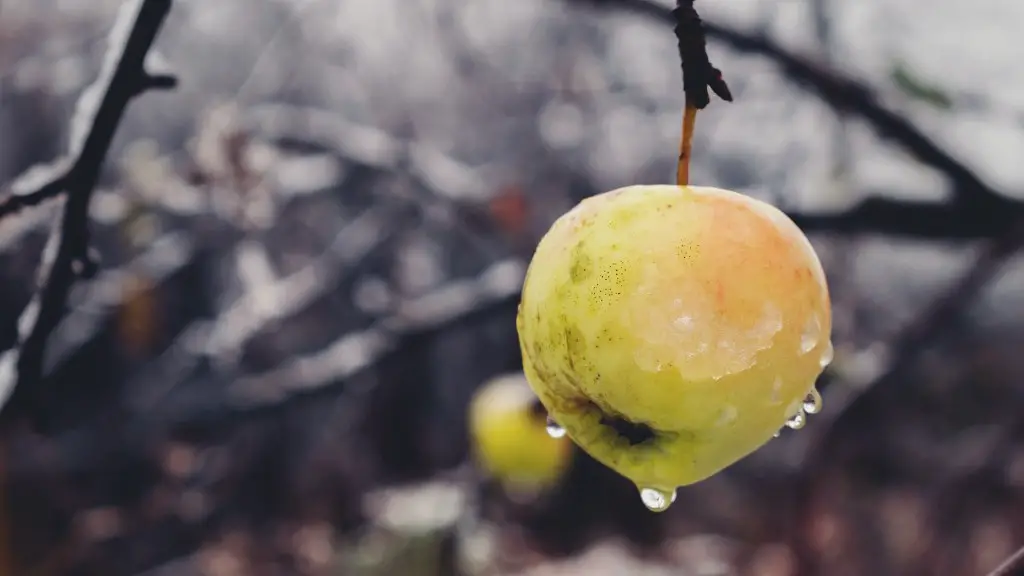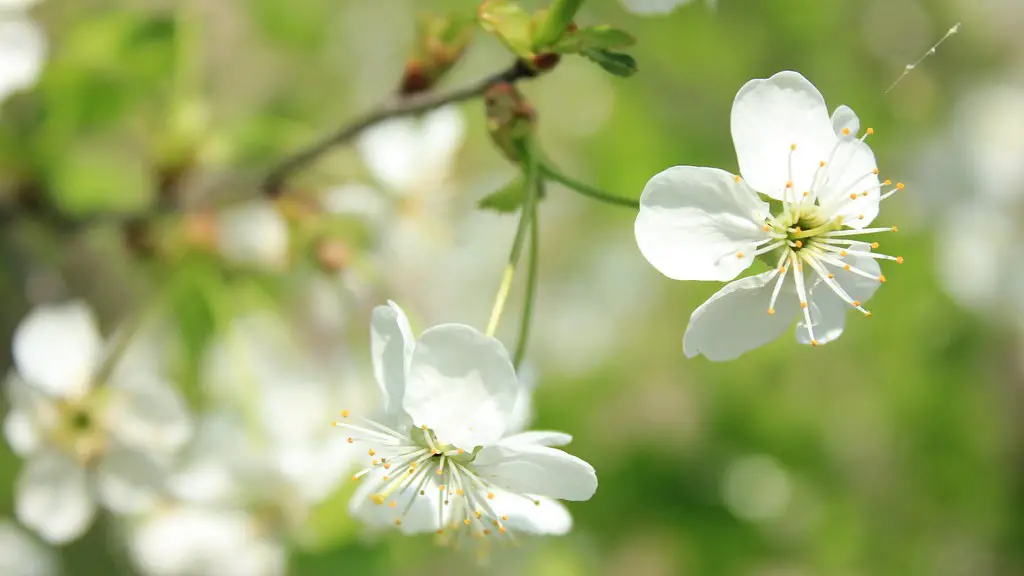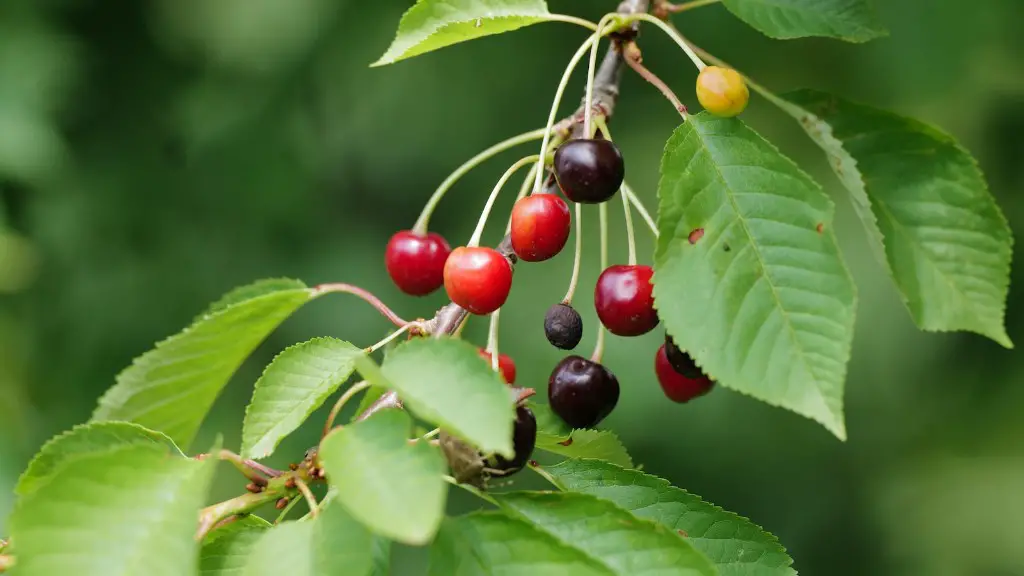Coffee grounds can be applied to lemon trees to increase their health and productivity. It is a simple, yet effective way to nurture the tree and support its growth. For those who are wondering how often they should put coffee grounds on lemon tree, this article answers that question.
Applying coffee grounds to lemon trees should be done consistently when first starting out as a bi-weekly or monthly ritual, since it provides the beneficial nutrients the tree needs. Some experienced gardeners will advise that the grounds be applied each time the tree blossoms. You can also alternate between adding compost to the soil in addition to the coffee grounds, as composting can help the tree grow healthy and strong.
In terms of how much coffee grounds to put on a lemon tree, it is important to keep in mind that different areas and climates will require different amounts. Generally speaking, the grounds should be applied in a thin layer and evenly spread out over the root area. This can be done using a rake or shovel. It is also important to water the lemon tree thoroughly after each application of coffee grounds so that the grounds are sunk into the soil.
An additional benefit to adding coffee grounds to a lemon tree is that they can help to minimize any pest or disease issues. The grounds have an acidic quality that can help discourage pests- such as snails and slugs- from taking up residence in the tree’s soil. Additionally, the grounds will attract earthworms, which can help to aerate and break down the nutrients in the soil. This can give the lemon tree a boost of beneficial minerals and microbes.
In conclusion, it is recommended that lemon tree owners apply coffee grounds on a routine basis, such as every two to four weeks or every time the tree blossoms. The amount of grounds should be kept in check and should be spread evenly across the soil, and thoroughly watered down after applying. Finally, the grounds can help to reduce pest and disease infestations while providing beneficial nutrients to the tree.
Understanding the Benefits of Applying Coffee Grounds to a Lemon Tree
Putting coffee grounds on lemon trees is the perfect way to help them thrive. By doing so, the tree will reap several benefits as the grounds can increase the vitality of the soil, reduce pest and disease infestations, increase the tree’s productivity and even provide extra nutrients to the tree. Knowing the right amount to put on the tree and how often it needs to be applied is crucial to helping the tree grow healthy and strong.
Coffee grounds are a great source of nitrogen and phosphorous, the two essential elements for a healthy and productive lemon tree. Nitrogen helps the tree to build proteins and provide energy, while phosphorous helps with root growth, seed formation, and the production of essential oils and fragrances. Furthermore, the grounds can act as a natural fertilizer, providing beneficial microbes and minerals to the soil.
When using coffee grounds, it is important to remember to apply a thin layer over the soil around the root area. Using a rake or shovel to distribute the grounds is recommended. This should be followed by a generous soaking of the tree to help the grounds sink into the soil and mix in with the nutrients. Additionally, while applying coffee grounds is beneficial, it is important to alternate between applying the grounds and compost, which will provide extra nutrients to help the tree grow.
Not only can coffee grounds help to improve the soil and increase the productivity of a lemon tree, they can also help to minimize the appearance of pests and diseases. Coffee grounds have an acidic quality, which can help to discourage snails, slugs and other pests from taking up residence in the tree’s soil. Furthermore, the grounds can attract earthworms, which naturally aerate and break down the nutrients in the soil.
In conclusion, applying coffee grounds to a lemon tree can be extremely beneficial. The grounds will provide essential nutrients to the soil, reduce the risk of pests and diseases, and also provide a good source of natural fertilizer. Knowing how often and how much to apply is essential, and it is important to mix in other sources of nutrients as well.
Knowing When and How Often to Apply Coffee Grounds to a Lemon Tree
Coffee grounds can work wonders on lemon trees, but knowing when and how often to apply the grounds is key to making sure that the tree remains healthy and productive. Generally, the grounds should be applied to the soil around the root area every two to four weeks, or each time the tree blossoms. In terms of how much to put on the tree, care should be taken to ensure that the grounds are applied in a thin layer and evenly spread out.
After applying the grounds, be sure to water down the area thoroughly to help the grounds sink into the soil. It is also important to alternate between applying the grounds and adding compost to the soil, which will increase the amount of beneficial nutrients available to the tree. Compost can help to improve the texture of the soil and add beneficial microbes that can help the tree to flourish.
In addition to providing essential nutrients to the tree, coffee grounds can also be a natural pest deterrent. The acidic quality of the grounds helps to discourage pests from taking up residence in the tree’s soil, while also attracting earthworms that can help to aerate and break down the nutrients in the soil. This can give the lemon tree a boost of beneficial minerals and microbes, while also helping to reduce the risk of diseases and pests.
All in all, applying coffee grounds to a lemon tree can be a beneficial practice. The grounds can provide essential nutrients to the soil, help to reduce the appearance of pests and diseases, and provide a good source of natural fertilizer. It is important to keep in mind that the grounds should be applied in a thin layer and evenly spread out, and that water should be applied afterwards. Finally, alternate between the grounds and compost to ensure that the tree will be able to thrive.
Adding Compost to a Lemon Tree in Addition to Coffee Grounds
Applying coffee grounds to a lemon tree is a great way to help the tree thrive, but adding compost can be beneficial as well. Compost can provide essential nutrients to the soil, including beneficial microbes. This can help to improve the texture of the soil and provide natural fertilizer that can help the tree stay healthy and productive.
When adding compost to a lemon tree, it’s best to use compost that is made up of a variety of organic materials. This can include food scraps, grass clippings, leaves, and manures. It’s important to make sure that the compost does not contain any herbicides, pesticides, oils, or synthetic fertilizers. The compost should be mixed into the soil around the root area, and then thoroughly watered down afterwards.
In addition to adding compost to the soil, it is also important to alternate between applying the grounds and adding compost to the tree. This can help to ensure that the tree is receiving a balanced and consistent amount of beneficial nutrients. By mixing in additional sources of nutrients, the tree will be able to remain healthy and strong.
In conclusion, adding compost to a lemon tree can be beneficial in addition to applying coffee grounds. Compost can help to improve the soil and provide essential nutrients, while also helping to reduce the risk of diseases and pests. It is important to make sure that the compost is made up of organic material and to mix it into the soil and thoroughly water it afterwards. By alternating between applying coffee grounds and compost, lemon tree owners can ensure that their tree will be able to thrive.
When to Stop Applying Coffee Grounds to a Lemon Tree
Applying coffee grounds to a lemon tree is a great way to ensure that the tree will thrive, but knowing when to stop can be tricky. Generally speaking, coffee grounds should be applied every two to four weeks or each time the tree blossoms. This should be alternated with applying compost to the soil to provide additional sources of beneficial nutrients.
Once the tree has been growing for a while and is no longer in need of the extra boost, the grounds can be stopped. Generally, this time occurs after 1-2 years of consistent coffee ground applications. At that point the grounds should no longer be necessary, as the soil should be full of healthy nutrients and microbes.
In conclusion, knowing when to stop applying coffee grounds to a lemon tree is important to benefiting from the process. Generally speaking, the grounds should be applied every two to four weeks or each time the tree blossoms for 1-2 years. After that, the grounds should no longer be necessary, as the soil will be full of healthy nutrients and microbes and the tree should be able to grow healthy and strong without additional applications.
